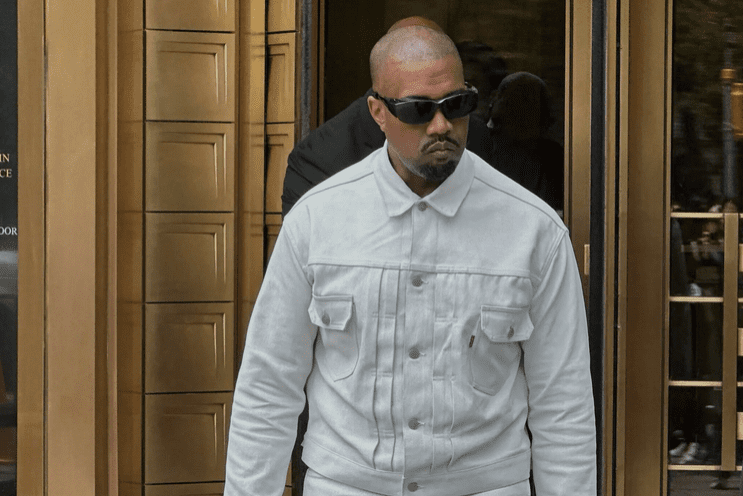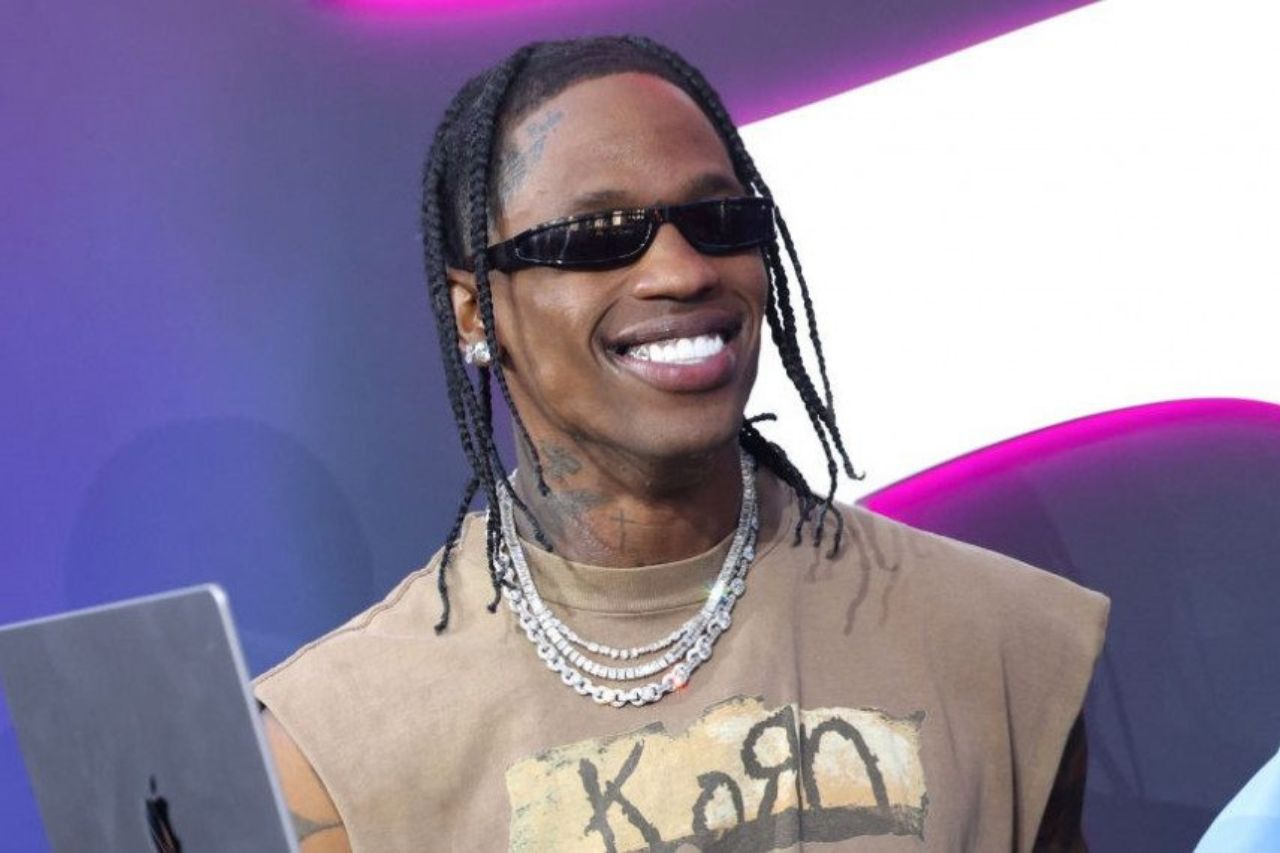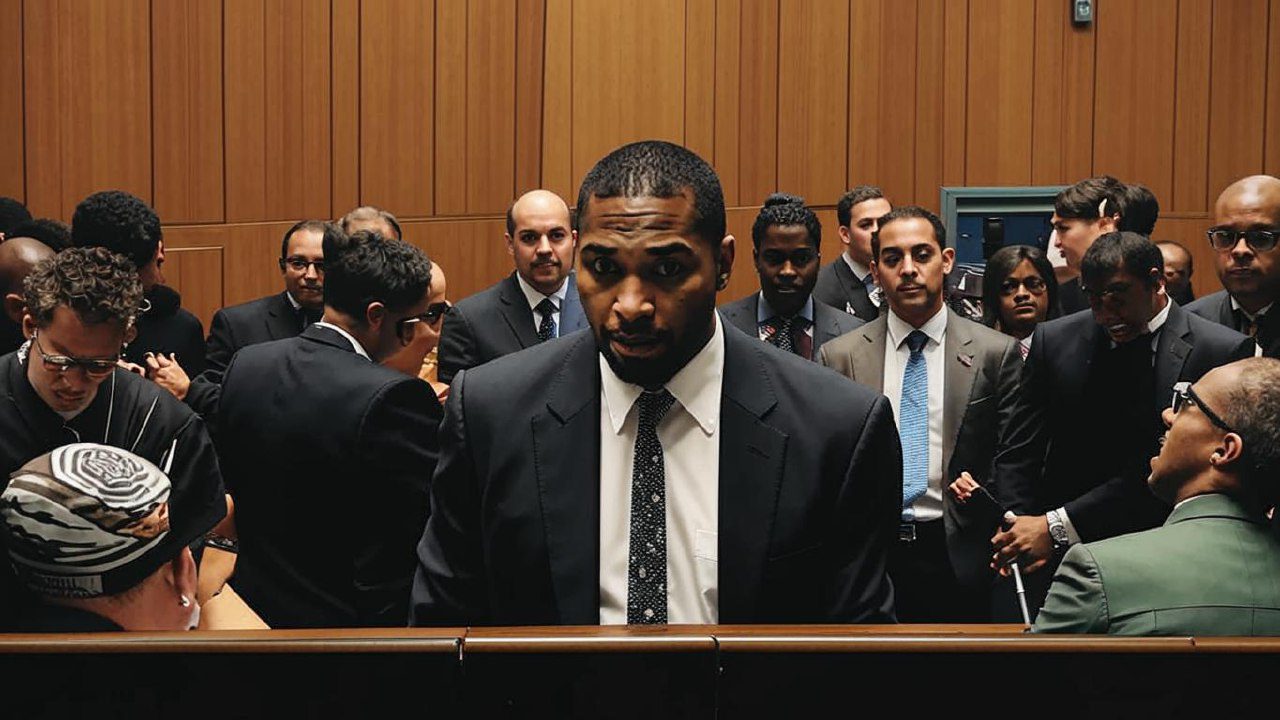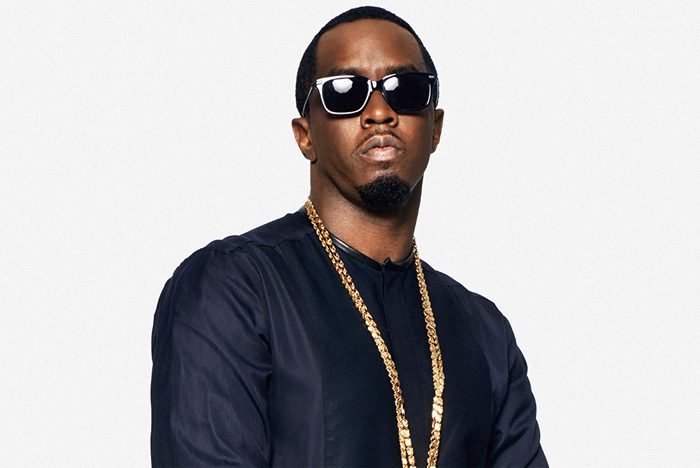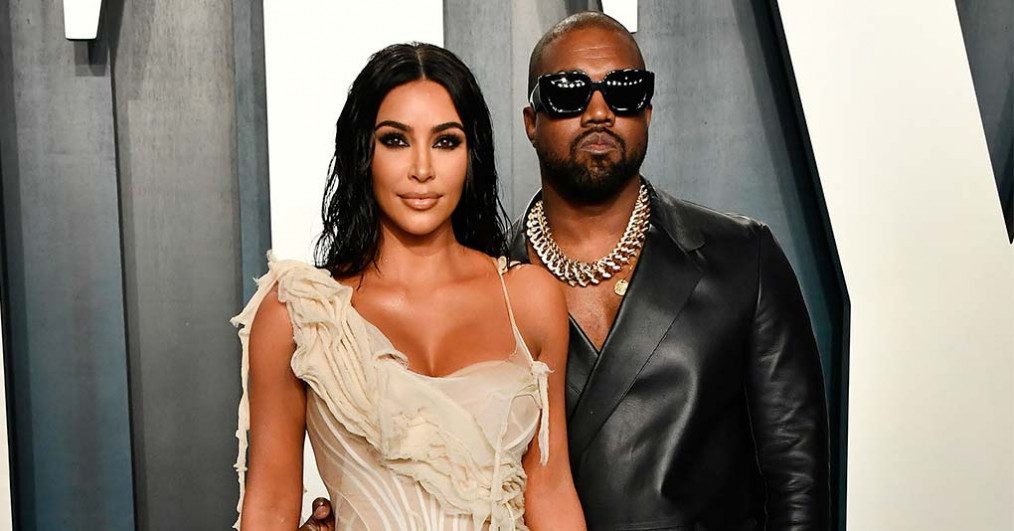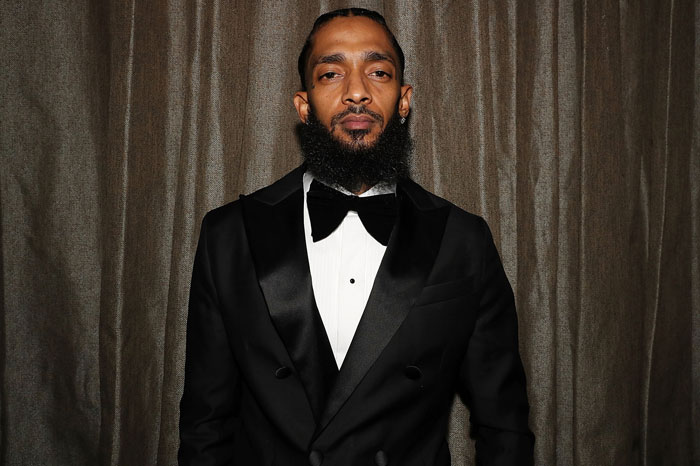In a development that blended celebrity spectacle with serious legal proceedings, the rapper formerly known as Kanye West—now officially going by Ye—was denied entry into a federal courtroom in New York while attempting to support embattled music mogul Sean “Diddy” Combs during a high-profile civil trial. According to court officials and multiple eyewitness accounts, Ye was briefly permitted to watch proceedings via closed-circuit video but was ultimately not allowed into the courtroom itself due to space limitations and concerns about disruption.
The unusual incident added yet another surreal layer to a trial already drawing national headlines and raising questions about celebrity accountability, legal privilege, and public perception. With Diddy facing multiple civil lawsuits alleging sexual assault, trafficking, and misconduct spanning decades, Ye’s unexpected appearance at the courthouse sent shockwaves through both the hip-hop industry and the general public.
Ye Arrives—But Is Turned Away
On the morning of June 11, 2025, Ye arrived at the Daniel Patrick Moynihan United States Courthouse in Manhattan wearing his signature black attire, accompanied by several members of his security detail and legal team. His presence at the courthouse was unannounced and, reportedly, unsolicited by Diddy’s own defense team. Sources close to Ye say the rapper felt a personal obligation to “stand beside someone being villainized by the media and the system.”
However, when Ye attempted to gain entry to the courtroom—already crowded with journalists, legal teams, and spectators—he was stopped by U.S. Marshals and court officers. He was then escorted to a nearby overflow room and given temporary access to a closed-circuit video feed of the proceedings. That access was revoked less than an hour later, according to courtroom sources, after a brief consultation between court security and the presiding judge.
“He wasn’t on the official attendee list,” said a court official who requested anonymity. “Given the media attention and the nature of the trial, we’re exercising heightened discretion. No one, not even a celebrity, gets special treatment in a federal courtroom.”
A Rare Show of Support
Ye’s attempted courtroom appearance made headlines in part because he is one of the few celebrities who has publicly defended Diddy since the allegations surfaced. While many former friends and industry peers have distanced themselves from the Bad Boy Records founder, Ye took to social media last month to share a cryptic post that read, “The system breaks strong Black men. First me, now Puff.”
That statement—alongside Ye’s recent return to posting controversial and often inflammatory content—was seen as part of a broader campaign to critique what he perceives as media bias and judicial overreach. However, critics argue that his statements not only lack nuance but also downplay the gravity of the accusations against Combs, which include explosive claims of sexual assault, manipulation, and trafficking by multiple women.
One of Diddy’s accusers, who testified earlier in the week under a pseudonym, said she found Ye’s show of support “disgusting,” adding, “These men protect each other at the expense of women. It’s like a brotherhood of silence.”
Ye has yet to respond to that criticism, and his representatives declined to comment further on his failed courtroom appearance.
The Trial That’s Shaking Hip-Hop
Diddy’s ongoing civil trial is arguably the most damaging legal proceeding of his career. Though he has not been criminally charged as of this writing, the multiple lawsuits against him—filed over the last eight months—paint a damning portrait of alleged abuse, coercion, and exploitation spanning back to the late ’90s. The accusations came to light following a lawsuit filed in late 2024 by singer and former romantic partner Cassie Ventura, whose claims triggered a wave of similar suits under New York’s Adult Survivors Act.
In the courtroom, witnesses have described a “toxic empire” where silence was bought and loyalty was coerced. Former employees, bodyguards, and music executives have testified under oath, some reluctantly, about the internal culture within Bad Boy Entertainment and Diddy’s alleged manipulation of power dynamics to control women and subordinates.
“This is not about cancel culture,” said attorney Leah Cummings, who represents one of the plaintiffs. “This is about accountability, long overdue.”
The defense has vehemently denied all claims, calling the lawsuits opportunistic and riddled with inconsistencies. Diddy’s legal team has attempted to undermine the credibility of witnesses, suggesting that some were financially motivated and others were disgruntled former associates with axes to grind.
But the courtroom drama has extended far beyond depositions and exhibits—it’s playing out in the public arena, where legacy, power, and perception collide.
Ye’s Legacy and Alignment with Controversy
Ye’s alignment with Diddy during this volatile moment is notable not just because of the gravity of the allegations, but also because of Ye’s own turbulent relationship with the media and public life. Over the last five years, the artist has cycled through political scandals, high-profile divorces, mental health struggles, and antisemitic controversies that led to the loss of major brand deals and public goodwill.
For some, his attempt to defend Diddy reads as a continuation of his outsider posture—a man who views himself as unjustly persecuted and thus aligns himself with others he believes are under attack by the same forces.
But for others, it’s a deeply troubling act.
“You don’t show up to a trial like this unless you’re making a statement,” said Dr. Camille Hart, a media ethicist at Howard University. “And the statement Ye is making is clear: he’s more interested in defending celebrity power than listening to the voices of survivors.”
The Courtroom Isn’t a Stage
If Ye hoped his presence would shift the narrative or rally support for Diddy, those hopes were quickly dashed. In fact, his denial at the courtroom doors was widely interpreted as a symbolic rejection of celebrity influence in a legal space that, at least for now, appears to be prioritizing evidence over fame.
Even longtime Diddy associates have remained silent or deliberately distant during the proceedings. Other hip-hop figures, including Jay-Z, Nas, and Mary J. Blige, have offered no public comment since the suits were filed. The isolation is a stark contrast to decades past when Diddy was one of the most visible and beloved figures in urban culture.
“It’s no longer a boys’ club,” said journalist Touré. “The reckoning has arrived.”
Final Thoughts: When Icons Fall
Whether or not Diddy is found liable in these civil suits, the damage to his reputation is already monumental. The presence of Ye, however brief and symbolic, serves as a reminder of how fame can distort perspective—and how hard some will cling to legacy, even as it crumbles.
Ye’s courtroom stunt might be remembered as a footnote in this larger case, or it could become part of a broader conversation about celebrity alliances, male privilege, and the refusal to reckon with real harm. Either way, the courtroom made one thing clear: no amount of celebrity will shield anyone from facing the consequences of their alleged actions—not anymore.
As proceedings continue, the world is watching. But this time, not even Ye could get a front-row seat.
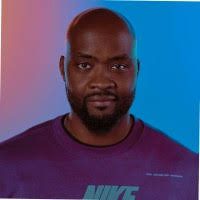
Raphael Fonge is a journalism graduate from Kennesaw State University, where he published several articles in the university’s newspaper. He has released multiple chapters of creative writing, with aspirations to work in the entertainment industry.
Raphael is a member of the KSU Film Club and the Society of Professional Journalists.
Editor Picks
-
Tay-K’s Final Appeal Denied: The Making and Breaking of a Teenage Menace
-
From Viral Fame to Prison Sentence: Silentó Gets 30 Years After Pleading Guilty to Killing His Cousin
-
EBK Jaaybo: The Reaper’s Reckoning in Arkansas
-
Event: June 6th 2025 Theatrical Exhibition Station Six
-
What is Drake’s Net Worth in 2025?

